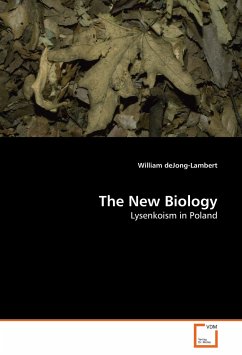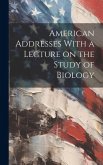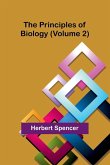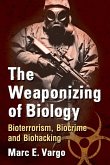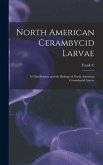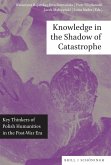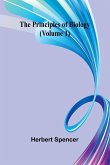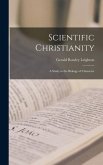The New Biology: Lysenkoism in Poland is an examination of the impact of one of the most notorious events in the history of science during the Cold War: The Lysenko affair. Having suffered the worst consequences of the race science of eugenics during the Second World War, Poland was then subjected to a ban on genetics, one of the most productive avenues of research in the Twentieth Century, once the war was over. Members of the biology community were thus forced to choose between what they understood to be legitimate research, and a pseudo-scientific doctrine, determined rhetorically by the ideology of Marxism, and assumptions concerning the superiority of Soviet science. Some were ignorant, some were opportunists, some complied and others bided their time. The Lysenko era in Poland lasted from 1949 until 1956. This study is based upon original archival research, interviews, memoirs, newspapers, popular periodicals and scientific journals. I have sought to portray not only how Lysenkoism was experienced by scientists and academics, but also as a feature of everyday life in Socialist Poland. Michurinism was not simply a scientific doctrine; it was a framework for understanding prescribed attitudes towards competition, cooperation, the relationship between the individual, society and the natural world, and the superiority of socialism. As such it was a fundamental feature of Poland?s immediate post-war history.
Bitte wählen Sie Ihr Anliegen aus.
Rechnungen
Retourenschein anfordern
Bestellstatus
Storno

